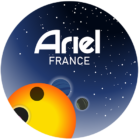ARES III School – Biarritz 11-17 September 2023
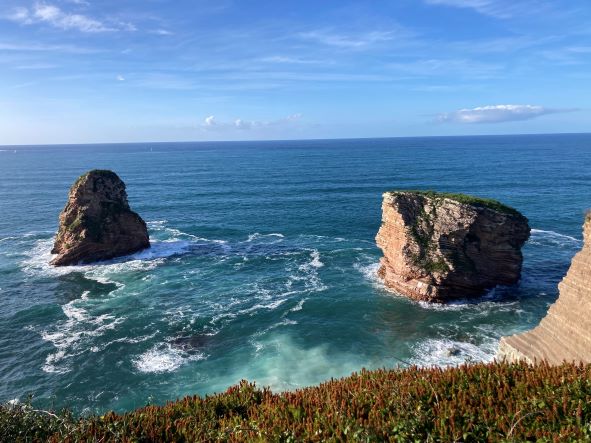
A report of the school will be presnted at the Ariel Consortium meeting (Budapest, oct. 2023)
- Exoplanets and JWST (Jean-Philippe Beaulieu, IAP)
Molecular Spectroscopy(Pierre Drossart, IAP)- Introduction to training sessions (Yassin Jaziri, LATMOS)
- Thermal Structure (Jeremy Leconte, LAB)
- Clouds and hazes (Benjamin Charnay, LESIA)
- Planetary formation (Diego Turrini, INAF)
- Chemistry and photochemistry (Olivia Venot, LISA)
- Noise in Ariel instrument (Lorenzo Mugnai, Cardiff)
- Introduction to Machine Learning (Orphée Faucoz et Denis Standarovski, CNES)
- From planets to exoplanets (P. Drossart, IAP)
- Machine learning for exoplanets (K. Matcheva, Univ. Florida)
- Machine learning in exoplanets (I. Waldmann, UCL)
- Atmospheric escape (J. Owen, Imperial College London)
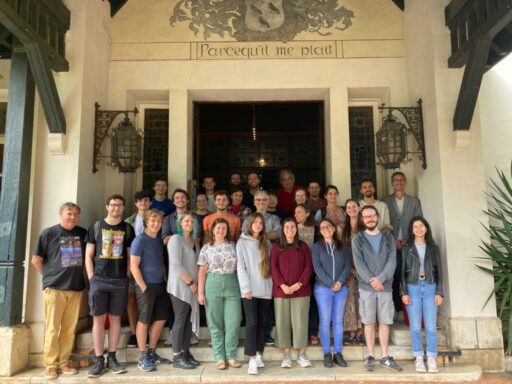
Last announcement (2023/09/07)
Circular of 2023/07/05
Agenda of the school
Information for training session
List of participants
List of exoplanets to be studied during the training session
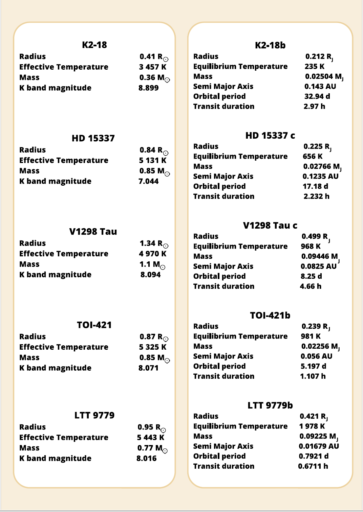
===========================================================
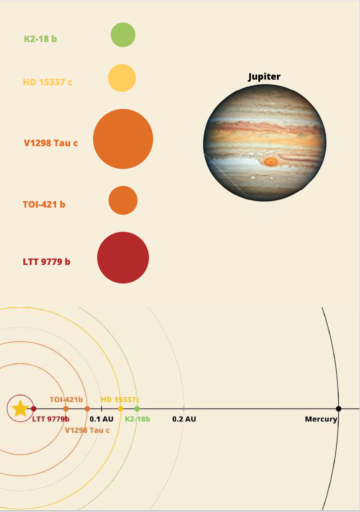
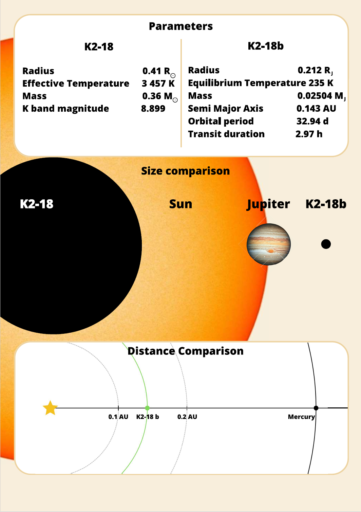
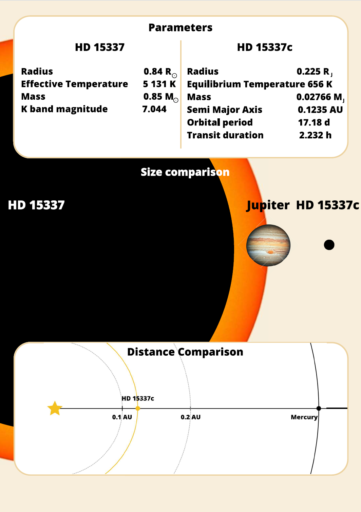
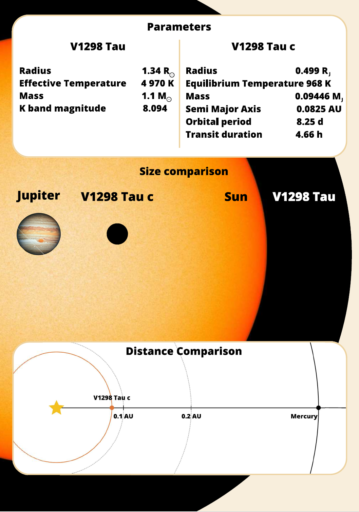
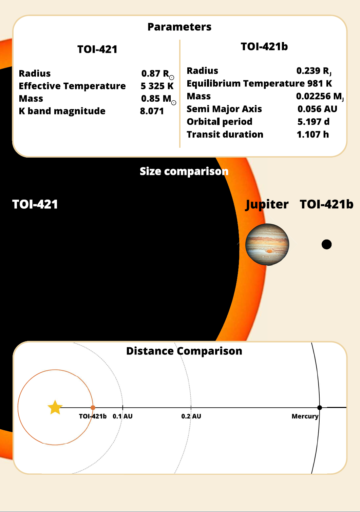
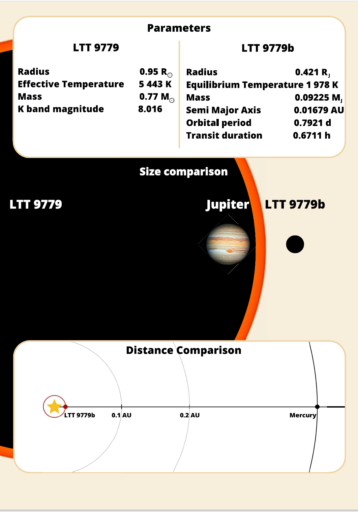
===========================================================
Local information
The school is opened for PhD students, post-docs or young research scientist working in the field of exoplanets – it offers an introduction to several topics in the field of exoplanet science, together with training sessions with real computing sessions. Previous Ariel schools are described in the following list :
Informations for potential participants
Pre-requisite : good background in physics/astrophysics ; programmation in Python.
A pre-registration can be made on this site – if accepted, the sejourn is fully taken in charge (meals and lodging on site in Biarritz) – only your travel to Biarritz is at your charge.
The local organizing committee is composed of JP Beaulieu and P Drossart (IAP)
Dates
Arrival on Monday, September 11th (morning) – Departure on Sunday, September 17th (afternoon)
The pre-registration is now closed !
Science organizing committee
The list of the members of the SOC is given in the SOC page
First announcement
Hot planets with Radius < 4 Rearth, classic retrieval versus Machine Learning techniques.
We are currently going through a golden era for the science of the exoplanet atmospheres, with the first results of the JWST and the forecoming Ariel Space mission. With the support of CNES, we have been organizing the Ariel Schools for the young scientists that will soon be spearheading the scientific analysis of exoplanet atmospheres. The 2023 edition of the Ariel school will take place from September 11 to September 17 in Biarritz. Just like in the previous edition, we will have general lectures, and hands-on work. The focus will be on the modeling of warm/hot exoplanet atmospheres, in the range of radius 1-4 Rearth, and the different approaches for retrieval.
Students will work in teams of two. For the first Hands-on session, each group will be assigned 1-2 planets from the target list of JWST cycle 1 and cycle 2 and present in the Ariel Mission Reference Sample. They will then compute direct models of the planets, for JWST/NIRSPEC and Ariel, with different hypothesis about the planet, and then, try to perform retrieval using estimated error bars from JWST-ETC and Ariel-Rad. Example, can we measure the C/O ratio in GJ1214b with NIRSPEC 3-5 microns observations ? Together, the students will build a fairly exhaustive sample of planets, and will be able to study which one is more favorable for observations at the current time with NIRSPEC and later for Ariel. This Hands-on session will also be a timely preparation for JWST Cycle 3 proposals.
The second part will be a first contact with Machine Learning, a new set of techniques that have recently emerged in a vast domain of scientific analysis in competition with optimized retrieval techniques. The large dimension of the parameter space in exoplanets research makes standard bayesian retrievals (as done in the first part of the school) challenging and ML methods are being explored in the Ariel team to evaluate their potential. Since 2020, an open « Ariel Data Challenge » is organized by UCL (I. Waldmann) to place in competition different ML approaches on a given subject. The Ariel consortium has also initiated a reflexion on a strategy for data reduction pipeline for the Ariel instruments, by using ML approaches. In Ariel France, CNES has developed a support to Ariel laboratories to help to develop an expertise in the domain, with the help of CNES experts. In this context the 2023 ARES school of Biarritz will propose a one-day initiation to ML techniques, with general introduction to the domain, followed by training session on a concrete case, the baseline of one of the data challenge. This initiation will pave the way of future developments in the field for the future years, in particular with the preparation of an Ariel dry-run in 2024 which will simulate an Ariel mission scenario from end to end.
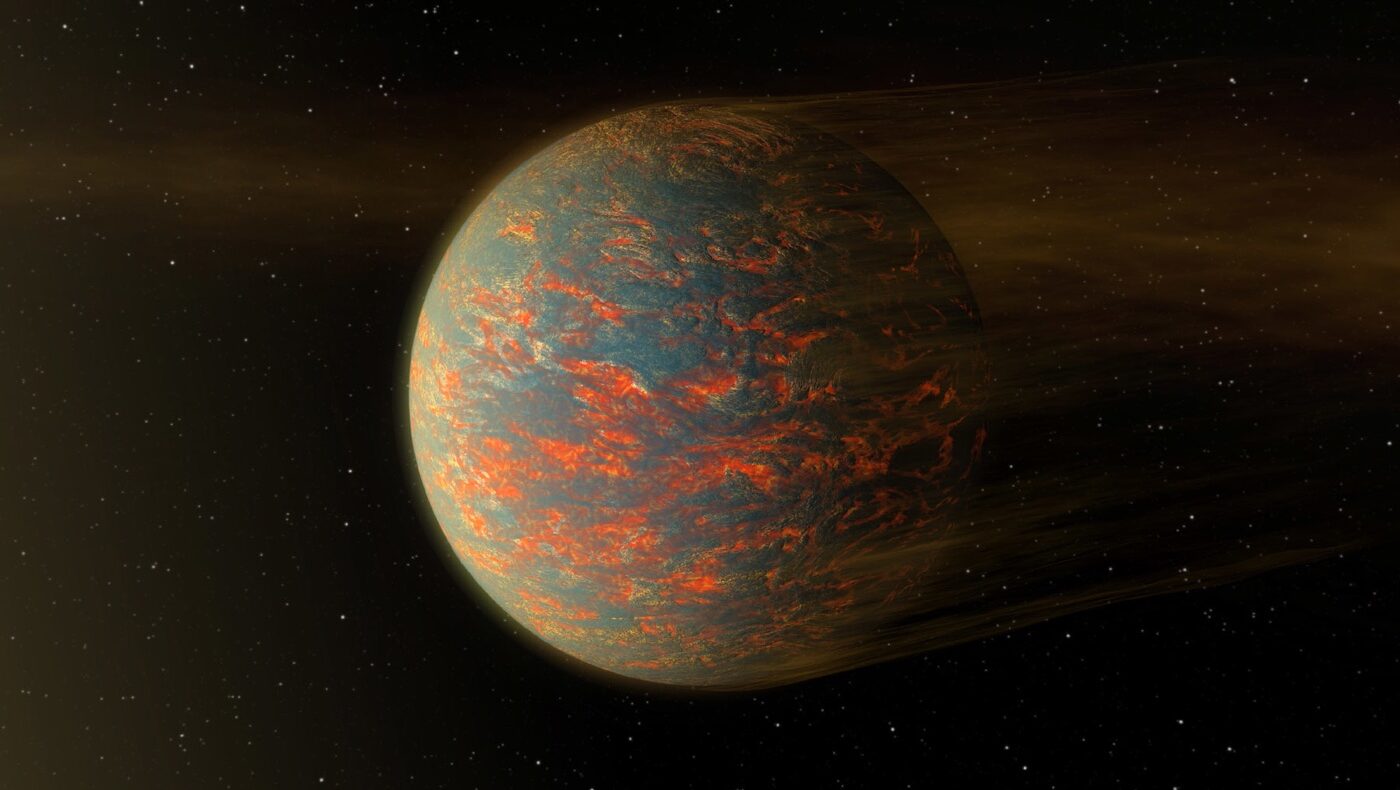
Arrival Monday 11 morning – start of courses at 2pm
